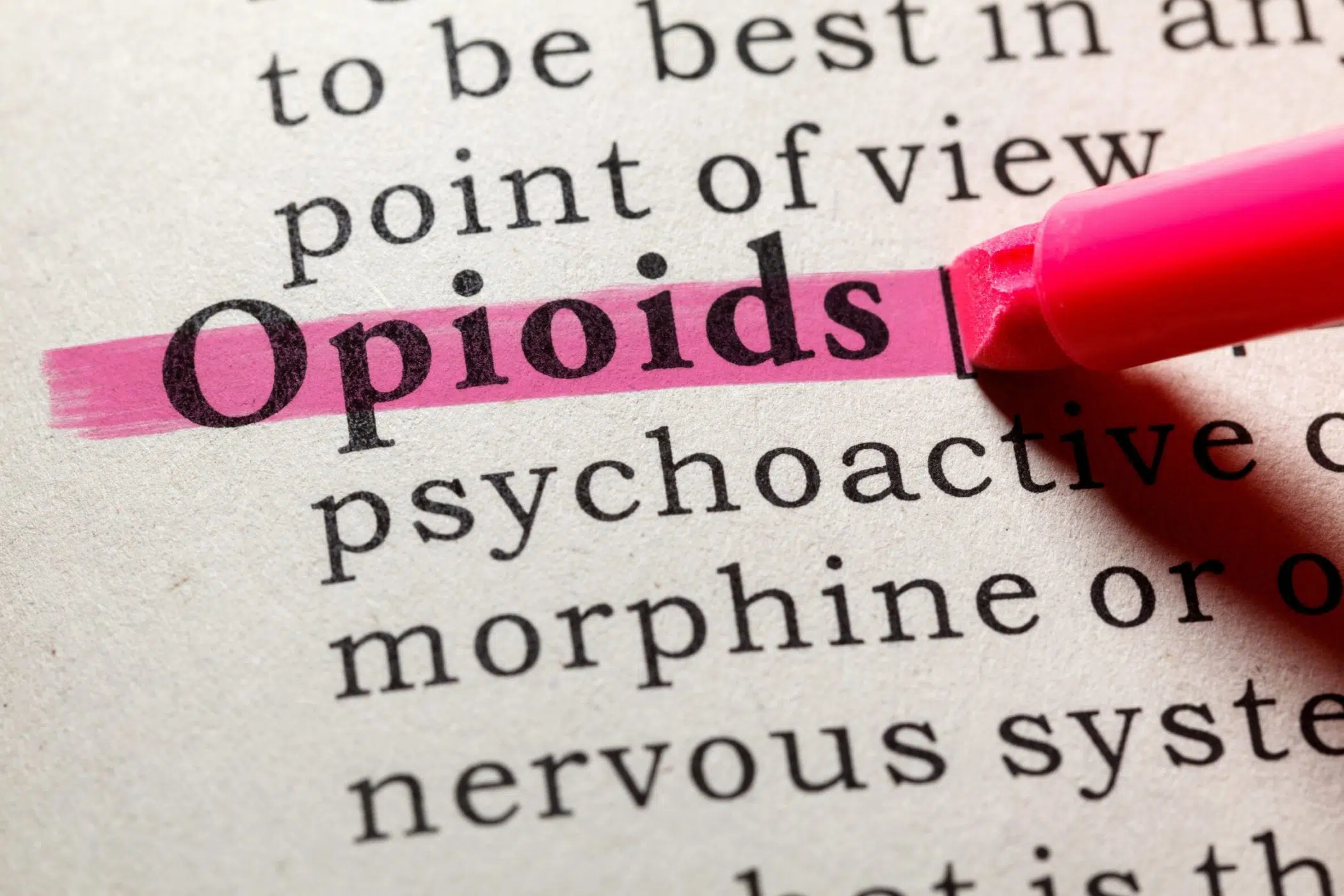
Drug abuse comes in a wide range of forms. There are various types of drugs that a person can take and numerous methods of use. Moreover, the length and severity of drug addiction varies significantly from one person to the next. Even the emotional and physical symptoms of addiction differ based on a number of factors. Because drug abuse is defined in so many different ways, no two experiences with drugs are exactly alike.
However, certain types of drugs are more common than others. All of these substances have their own risks, and they affect a person’s mind and body in a unique way. Below are the most commonly abused drugs and their impact on users.
Marijuana
Marijuana is one of the most commonly abused substances in the United States. This drug, which is derived from the cannabis plant, creates a pleasurable high that makes it extremely addictive. However, there are many potentially dangerous effects of marijuana abuse.
Some of the most common short-term effects include reduced focus, short-term memory impairment, an increased heart rate and poor coordination. In the long term, cannabis can also stunt your learning, damage your lungs and even raise the risk of psychosis.
Opioids
The current opioid crisis in the US is evidence of the drug’s widespread nature. Opioids are divided into two main classes: pharmaceutical drugs and street drugs. Pharmaceuticals include common painkillers like codeine, morphine and tramadol, while street drugs include heroin and similar substances.
Opioids help stimulate the reward center in your brain. This triggers pleasurable sensations that drive you to continue using the substance. However, when abused, opioids can hamper or interrupt some of the brain’s autonomic functions, such as breathing and digestion. This can lead to severe health complications and, in some cases, death.
Cocaine
Cocaine is one of the more powerful substances on this list. This drug comes in the form of powder, which can be snorted, or a rock-like substance, which is typically smoked. Cocaine is also a highly polarizing substance. While some might derive a strong, euphoric feeling from the drug, others might not enjoy the emotional response at all.
Cocaine affects the body and mind in a number of ways. Some of its most dangerous side effects include a faster heart rate and constricted blood vessels, which can lead to sudden death in some situations. Other common effects include increased body temperature, dilated pupils, restlessness, paranoia, anxiety and high blood pressure.
Alcohol
Because drinking alcohol is a socially acceptable activity, it’s easy not to think of it as a drug. However, alcohol abuse can have many detrimental effects both physically and psychologically. The short-term consequences of drinking include impaired motor skills, harmed judgment, slurred speech, drowsiness, nausea and vomiting, headaches and breathing difficulties.
On a long-term basis, alcohol addiction can also increase a person’s risk of heart disease, pancreatitis, stroke and liver failure. There is even a strong link between alcoholism and nerve damage, which can have a severe impact on important functions in your brain.
Seek Out Help for Your Addiction
No matter what type of drug addiction you’re struggling with, help is available whenever you’re ready to take the next step. Contact America’s Rehab Campuses today to get in touch with a treatment expert who can guide you on the path to recovery.

